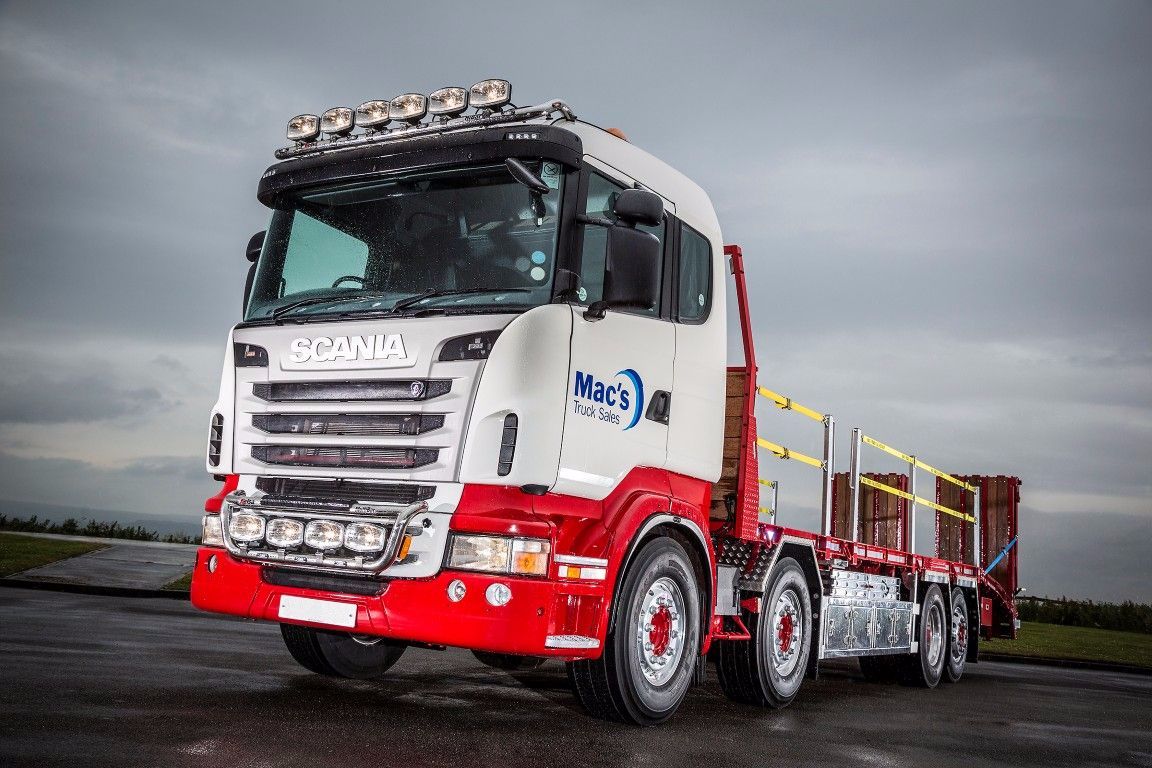European Emission Standards were introduced in the early 90’s, designed to limit the impact that vehicles were having on the environment.
As we know, truck emission standards have surpassed those early days of Euro I engines, progressing all the way up to a new Euro VI engine technology standard, which produces a third of the CO2 and a staggering 20 times less NOX.
What is Euro VI?
-
Euro VI is the latest update of European Emission Standards, specifically relating to trucks and commercial vehicles. Euro VI is designed to reduce the amount of harmful gases emitted from trucks, specifically particulate matter that can harm health. Euro VI engine technology achieves this by having special filters that, in conjunction with AdBlue, which converts harmful dangerous Nitrogen Oxides into water vapour and Nitrogen.
The commitment to increased environmentally friendly vehicles is particularly important for businesses operating in and around London’s Low Emissions Zone (LEZ). Tackling the amount of particulate matter emitted by vehicles, any trucks that don’t meet Euro VI engine technology standards are charged £200 per day to work within central London, a significant cost for businesses reliant on the city.
However, for the businesses working outside of London – who similar to us, are more likely to be enjoying a trip over the Pennines – managing your fleet of trucks to comply with the latest emissions standards can help other areas of your business, particularly environmental compliance such as ISO 14001.
Companies appointing contractors now often require ISO 14001 compliance, which sets out that businesses implement Environmental Management Systems, particularly important for construction and waste management companies. Many within this industry already use Site Waste Management Plans for each project undertaken, estimating the amount of each type of waste that will be created, and a plan for how it will be disposed of.
With this estimation, companies can effectively plan for their transport requirements. Planning in advance for the amount of trucks required to complete a job is both cost-effective and, importantly, means there won’t be more trucks than required transporting half-full containers.
Working with experienced truck rental specialists such as Mac’s Trucks benefits businesses in three ways:
- High quality, efficient trucks: When leasing a truck from us over a long period of time, we’ll often build a completely new truck with a body that suits your requirements. This means that you get a truck tailored to your needs, and state of the art Euro VI engine technology allowing you to operate anywhere within the UK. We’ll also make sure your truck is branded and comes with your corporate colours!
- Responsive to your requirements: We have a fleet of vehicles that are ready for hire at a moments notice, meaning we can respond immediately to your needs. As all of our trucks are late used or new, they remain compliant with efficiency standards meaning there’s no hassle in terms of checking whether your truck will be able to travel in London – you can get straight to the job at hand.
- Maintenance: A natural counterpart to owning a commercial vehicle is ongoing maintenance and ensuring the efficiency standards your truck was manufactured with continue to be effective. All of our truck rentals are inclusive of maintenance, meaning if your truck ever breaks down or requires attention, we will ensure that your truck is up and running again as quickly as possible to the very best standard.
To learn more about our Truck Rental click here, or feel free to get in touch.
